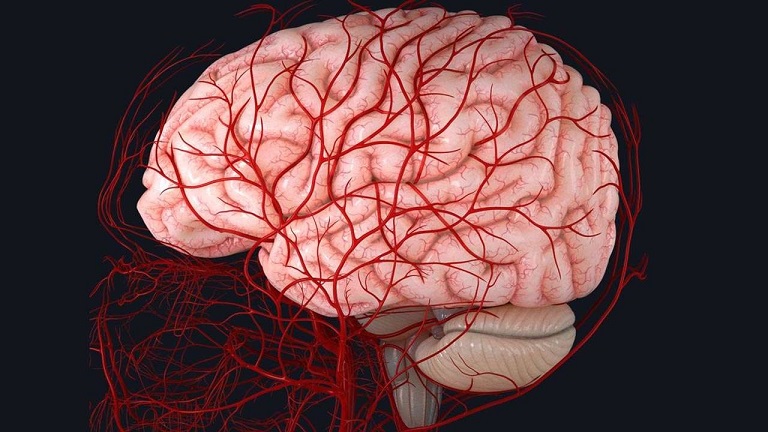Nikhil Prasad Fact checked by:Thailand Medical News Team Oct 03, 2025 4 months, 3 weeks, 2 days, 2 hours, 3 minutes ago
Medical News: Growing concerns over post COVID brain health
A new large-scale study has found that people aged 50 and above who had COVID-19 face a significantly higher risk of developing vascular dementia, a serious condition caused by blood vessel damage in the brain. The research, conducted by teams at Lancaster University (UK), The First Affiliated Hospital of Zhengzhou University (China), the University of Leipzig (Germany), and Lancaster University’s Centre for Ageing Research and Department of Psychology, tracked over 54,000 participants for more than two years. According to this
Medical News report, the study carefully compared COVID-19 survivors with people who never had the virus and with those who had other non-COVID respiratory illnesses such as flu or asthma.
 Key findings from the study
Key findings from the study
The researchers discovered that COVID-19 survivors had a 77 percent higher risk of developing vascular dementia compared to individuals who never had COVID-19. However, this increased risk was not much higher than the dementia risks seen in people with other severe respiratory illnesses, showing that serious infections in general may threaten brain health. Importantly, the study did not find a strong link between COVID-19 and Alzheimer’s disease during the two-year observation period. Still, the scientists cautioned that longer follow-ups may reveal more delayed effects.
Who is most at risk
The study identified several groups who were especially vulnerable. Older adults aged 65 and above, people with diabetes, high blood pressure, or cardiovascular disease, and those with pre-existing mental health conditions faced the highest risk. Strikingly, individuals with prior mental illnesses such as depression, schizophrenia, or bipolar disorder had more than five times the risk of developing vascular dementia after COVID-19. Women also showed a higher likelihood compared to men, and unvaccinated individuals were found to be at greater risk than vaccinated ones, suggesting vaccines may offer some protective benefit beyond reducing severe illness.
Why COVID-19 may trigger vascular dementia
Scientists believe the virus can damage tiny blood vessels in the brain, cause inflammation, and disrupt the protective blood–brain barrier. These changes can reduce blood flow, leading to long-term injury and memory loss. Since vascular dementia is the second most common type of dementia after Alzheimer’s, the findings highlight a serious potential consequence of the pandemic that could affect millions of older adults worldwide.
Public health implications
Experts stress the need for ongoing monitoring of older COVID-19 survivors. Routine memory and cognitive screenings, especially for those with underlying health issues, could help catch problems early. The study also emphasizes that respiratory illnesses in general—not just COVID-19—may increase dementia risk. This means that flu, pneumonia, and chronic respiratory conditions like COPD should also be considered important risk factors in brain health strategies.
Looking ahead
While the results provide strong evidence linking COVID-19 to vascular dementia, researchers caution that the condition develops slowly and long-term studies are still needed. Early detection, vaccination, and attention to cardiovascular health may reduce future dementia cases. As the global population ages, protecting brain health after infections could become one of the most important challenges in public health.
The study findings were published in the peer reviewed journal npj Dementia
https://www.nature.com/articles/s44400-025-00034-y
For the latest
COVID-19 News, keep on logging to Thailand
Medical News.
Read Also:
https://www.thailandmedical.news/news/phytochemicals-found-in-basil-can-shield-the-brain-from-alzheimer-and-dementia
https://www.thailandmedical.news/news/depression-and-low-magnesium-greatly-increase-dementia-risk-after-covid-in-older-adults
https://www.thailandmedical.news/news/shocking-link-discovered-between-new-growing-crisis-called-diabetic-dementia-and-pancreatic-hormone-amylin
